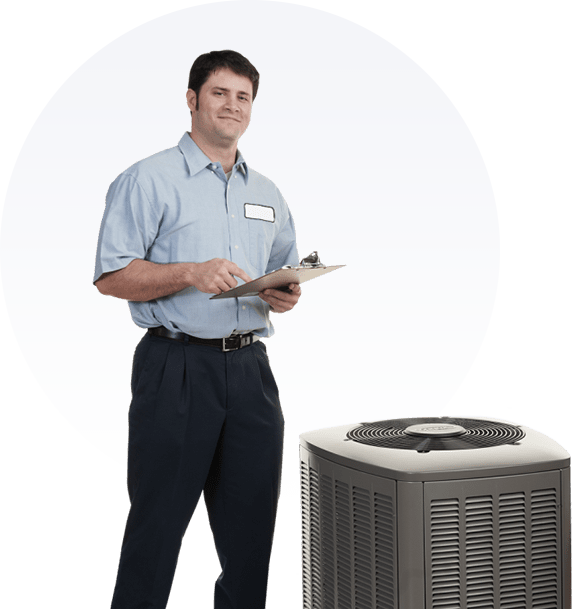Spring Moisture and Mold Risks Every Houston Home Needs to Address
Spring in Texas means longer days, warmer temperatures—and a big boost in humidity. While we all enjoy seeing the wildflowers bloom, the seasonal shift can spell trouble for your HVAC system if it isn’t properly maintained. And one of the biggest concerns this time of year? Mold growth inside your HVAC system.
At The AC Guy, we’ve been helping homeowners in The Woodlands, Conroe, Spring, and surrounding areas stay comfortable and healthy indoors for over a decade. One thing we’ve learned? Mold doesn’t need much to take root—just moisture, warmth, and a little neglect.
Here’s what causes mold to form, what signs to watch for, and what you can do this spring to keep your HVAC system clean and mold-free. Regular system checkups, like routine AC maintenance, play a key role in preventing those conditions from developing unnoticed.
Why Spring Is Prime Time for HVAC Mold
Your HVAC system works hard to maintain the perfect indoor temperature—but it’s also processing a lot of air, moisture, and dust behind the scenes. In spring, rising humidity levels combined with temperature swings can lead to condensation inside your ductwork, air handler, and coils.
If that moisture doesn’t drain properly—or if airflow is restricted—your system becomes a perfect home for mold spores. And once mold settles in, it doesn’t just stay hidden. It can spread throughout your duct system, reduce your indoor air quality, and trigger allergy-like symptoms in your household.



 281-419-8035
281-419-8035